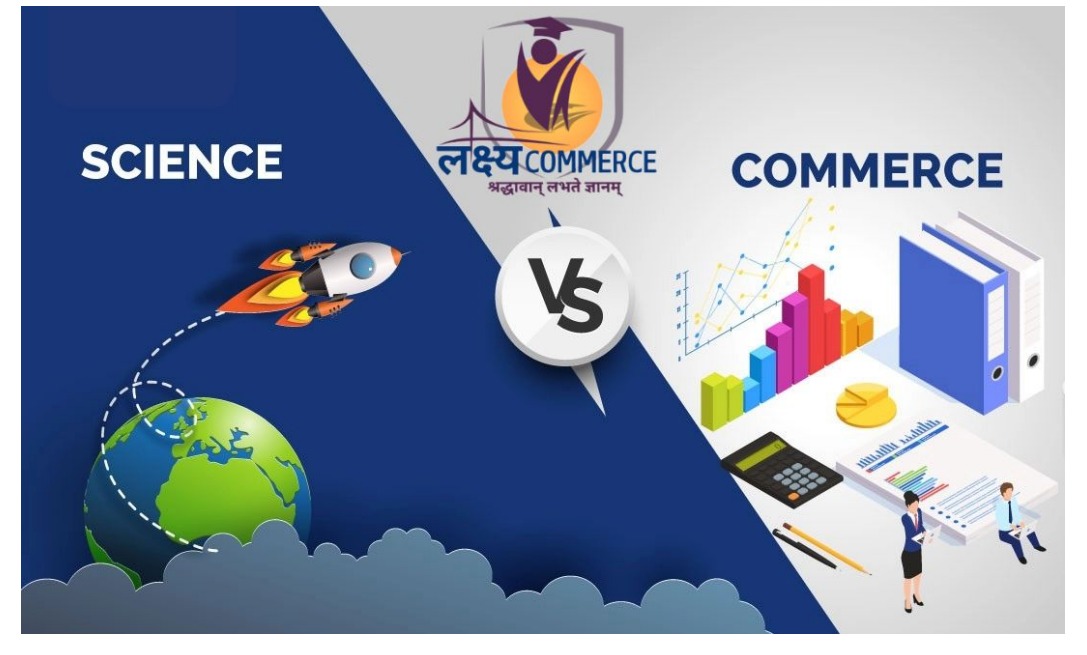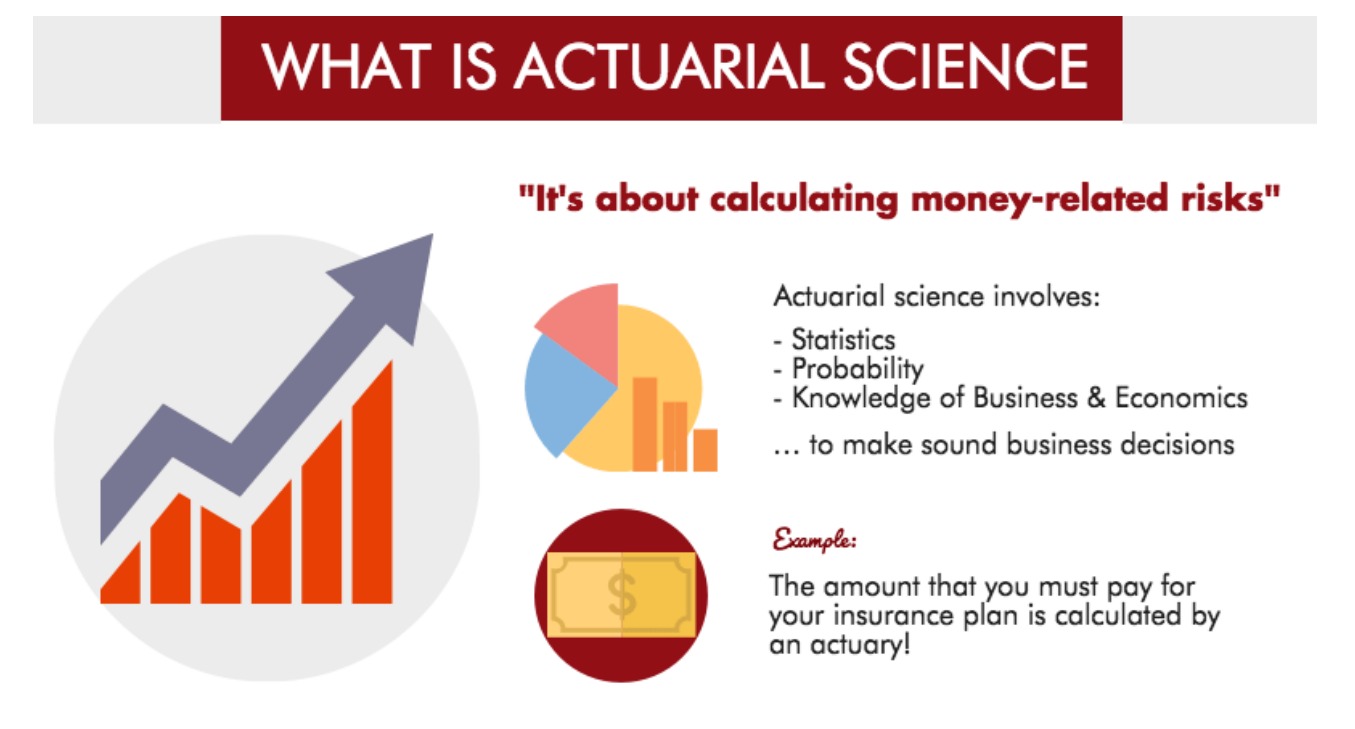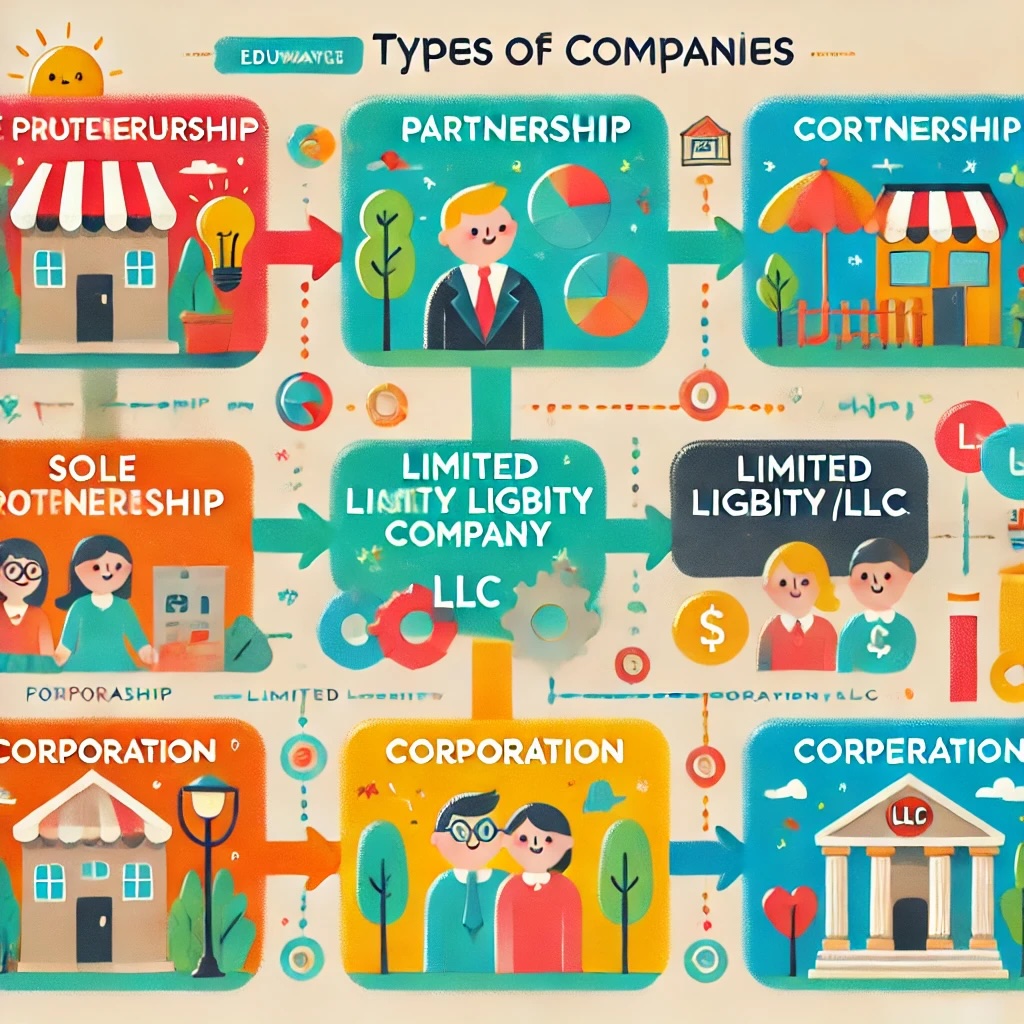Our Address
2nd Floor Poonam Villa Near Chitragupta Samaj Mandir Anishabad, PatnaEmail Us
lakshayacommerce@gmail.comCall Us
0612-3112373, 9229825249

Commerce After 10th: Courses, Subjects and Benefits
Choosing the right path after completing the 10th grade is crucial for students. For those interested in business, finance, or economics, commerce is popular. This field offers diverse opportunities and lays the foundation for rewarding careers. This blog will explore commerce courses, the subjects involved, and the benefits of choosing commerce after the 10th.

Why Choose Commerce After 10th?
Commerce is a field that deals with trade, business, finance, and economics. It is an excellent choice for students who enjoy working with numbers, analyzing data, and understanding how businesses operate. This stream provides academic knowledge and equips students with practical skills needed in the modern world.
By opting for commerce, students gain insight into the functioning of markets, companies, and financial systems. It also opens doors to higher education and professional courses, offering various career possibilities in fields like accounting, management, law, and entrepreneurship.
Courses Available in Commerce After 10th
- Higher Secondary Education in Commerce (11th and 12th): Focuses on key subjects like economics, accountancy, and business studies.
- Diploma Courses in Commerce: Short-term courses (1-2 years) focusing on specific skills like accounting, taxation, or banking.
- Integrated Programs: Combine 12th-grade education with a professional course like CA Foundation or CMA.
- Vocational Courses: Prepare students for specific jobs in retail, sales, and office management.
Key Subjects in Commerce
- Economics: Covers demand, supply, inflation, and national income.
- Accountancy: Teaches financial records management, balance sheets, and profit analysis.
- Business Studies: Focuses on management principles, marketing, and entrepreneurship.
- Mathematics (Optional): Covers statistics, probability, and algebra.
- English: Enhances communication, writing, and comprehension skills.
- Informatics Practices: Introduces computer applications and programming.
Benefits of Choosing Commerce
- Wide Career Opportunities: Opens doors to banking, finance, insurance, and management fields.
- Professional Courses: Pathway to qualifications like CA, CS, and CMA.
- Skill Development: Enhances financial planning, analytical thinking, and problem-solving abilities.
- Entrepreneurial Foundation: Equips students with business strategies and financial management knowledge.
- Global Opportunities: Commerce knowledge is applicable worldwide.
- Balanced Work-Life: Many commerce careers offer flexible schedules.
How to Excel in Commerce?
- Stay updated with financial news and economic trends.
- Practice accountancy and mathematics regularly.
- Choose subjects aligning with career goals.
- Seek guidance from teachers or coaching classes.
- Utilize online resources for enhanced learning.
Career Options in Commerce
- Accountant: Manages financial records and compliance.
- Banker: Roles in customer service, investment, and financial analysis.
- Business Manager: Oversees operations and organizational goals.
- Chartered Accountant: Expert in taxation, auditing, and financial management.
- Entrepreneur: Turns ideas into profitable businesses.
- Data Analyst: Analyzes data for business insights.
Commerce and Higher Education
- Bachelor of Commerce (B.Com): Covers accounting, economics, and finance.
- Bachelor of Business Administration (BBA): Prepares for managerial roles.
- Economics (Hons): Specializes in economic theories and policies.
- Law: Combines legal studies with business knowledge.
The Role of Guidance in Commerce
Choosing commerce is just the beginning. Proper guidance and support are crucial to navigating this journey successfully. Institutions like Lakshya Commerce provide comprehensive training and resources for commerce students.







